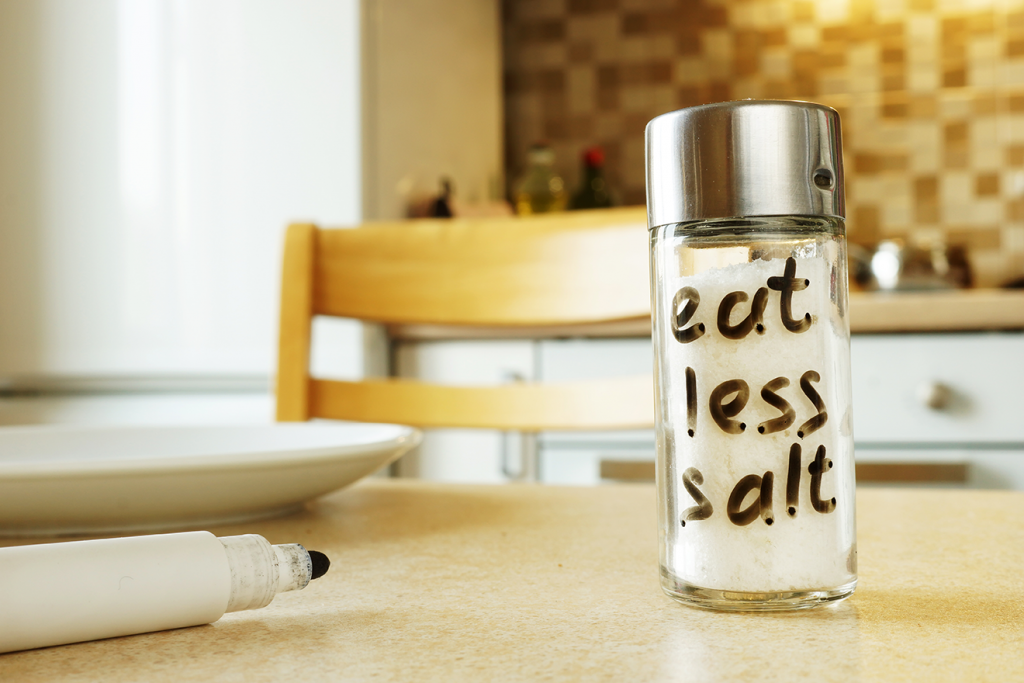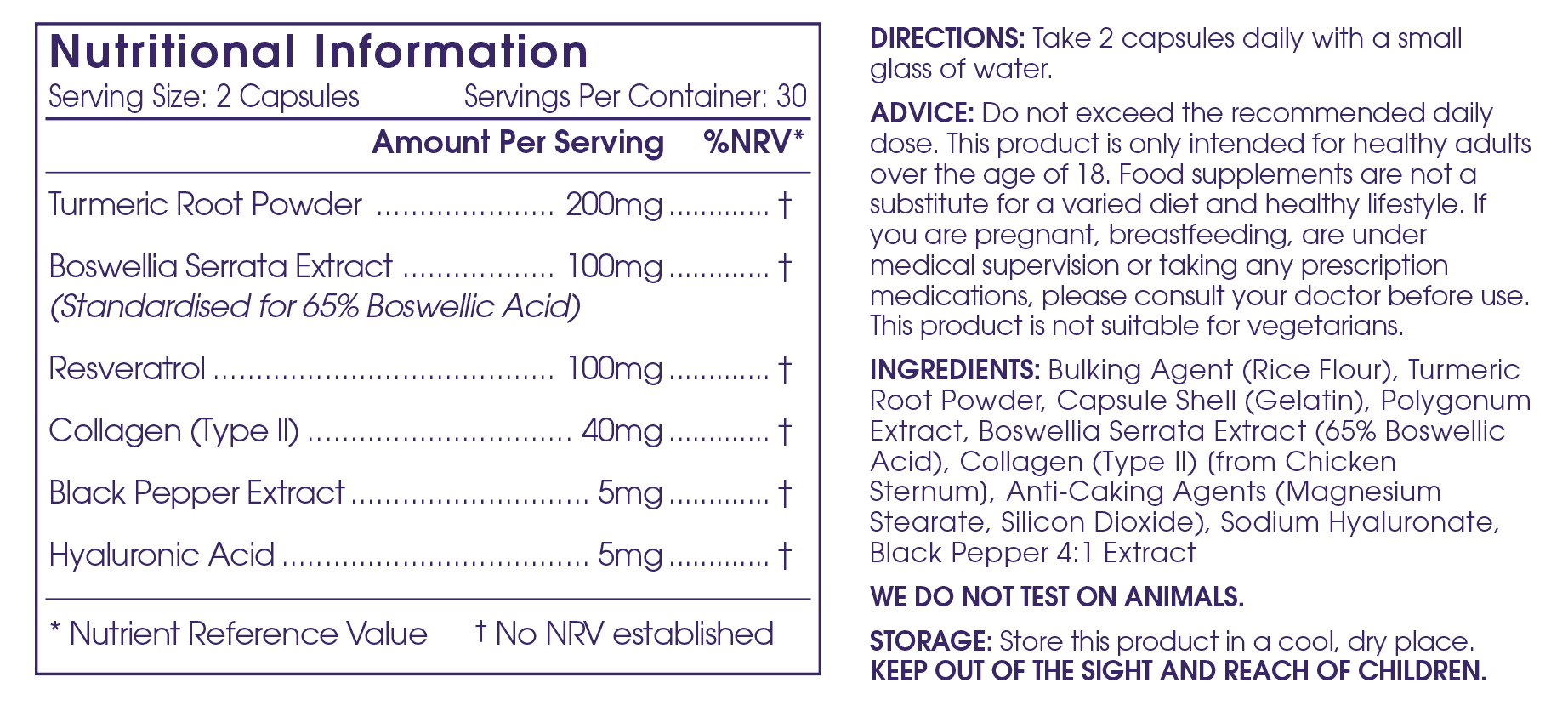Are you finding the pain and discomfort from your arthritis are getting worse? The chances are that the foods you are eating could be a major contributor to your symptoms getting worse. Foods loaded with salt not only raise your blood pressure but can also cause inflammation and discomfort in your joints.
However, trying to avoid salt can be incredibly tough as many of the foods we consume feature it. We know how tough it can be, which is why we have taken a closer look at the dangers of excessive salt consumption, the foods to avoid, and those healthier alternatives.

Why is too much salt unhealthy?
While salt might be one of the best ingredients to help bring the flavors of your ingredients out, consuming too much can be very harmful. Salt attracts water, and consuming too much will cause our cells to absorb it like a sponge.
This might seem like a benefit, as water is an essential part of fuelling our bodies, too much retention significantly increases your blood pressure. This increases the risk of having a stroke, a heart attack, or suffering from kidney disease.
Salt can also have a negative impact on your joints, causing arthritis symptoms to worsen. This is particularly true for those suffering from Osteoarthritis. Excessive salt intake and water retention can increase inflammation in your joints, leading to increased discomfort and reduced mobility.
How to reduce your salt intake
While you might think just putting that salt shaker away will be enough, you might be surprised by how much salt is contained in the foods we eat. If you are looking to reduce your intake and improve your arthritis symptoms, then there are some top tips to remember:
Read all labels
The first thing you should do is read every label of the food you are purchasing. Sometimes food manufacturers will use other names for salt, most commonly sodium, to try and hide just how much is in there.
Reading the labels will let you understand exactly how much salt you are consuming and will allow you to start looking for alternatives. The best options are those products that are labeled as either salt or sodium-free.
Use alternatives
If you are finding that salt is negatively impacting your joints, then you could try salt alternatives. These low-sodium substitutes still have a similar taste but are a healthier alternative. However, these substitutes can increase the levels of blood potassium which could be dangerous for those with kidney disease. That is why you should always consult your doctor before switching.
Wash foods down
Another top tip to remember when trying to reduce your salt intake is to wash your food before use, particularly things such as canned vegetables. Rinsing in cold water can significantly reduce salt levels, often by up to 50%.
Spice it up
Like your food spicy? Ditching salt as a seasoning and switching to alternatives such as herbs and spices can transform your dishes and ensure they are packed with flavor.
Change your breakfast
Are you always in a rush in the morning? Eating breakfast on the go is very common for many of us, but most prepared breakfasts are packed with sodium, particularly products such as cereals and bagels.
That is why you should consider switching to low-salt alternatives or choose items such as fresh fruit and yogurts.
Eat fresh
One top tip for a healthy lifestyle is to ensure that you are eating as fresh as you can. Fruits and vegetables are a fantastic addition to any diet, as are fresh meat and whole grains. That is why you should focus on ditching canned food, frozen dinners, and processed meats and strive to eat as fresh and healthy as possible.
Reduce your condiment intake
While condiments can be a great addition to any meal, many of them are also packed with sodium. So if you are finding your salt intake is impacting your joint health, then try to reduce the amount of mustard or ketchup you are adding to the side of your dishes.
Other foods to avoid
While salt can have a major impact on your arthritis symptoms, there are certain other foods, drinks, and ingredients you should look to reduce, including:
- Corn Oil
Corn oil is another very common ingredient in foods, but packed with omega-6 fatty acids means that it can trigger inflammation in your joints.
- Fried and processed food
While often very convenient, fried and processed foods are very unhealthy. They are not only high in fat but they are also known to cause inflammation, which can increase the pain you experience and reduce your movement.
- Pasteurized foods
Another area that you should look to cut back on is pasteurized foods. When foods are pasteurized or grilled on very high heat, toxins called AGEs appear. In small doses, these are not harmful, but regularly consuming these foods can trigger inflammation and increase your discomfort.
- Alcohol and sugary drinks
Of course, it’s not just about the foods that you are consuming. You should also be careful with what you are drinking. Sugary sodas and alcohol can be very harmful to the body, causing additional weight, inflaming your joints, and causing significant discomfort.
Foods to include in your diet
While cutting certain foods from your diet can help to alleviate symptoms of arthritis and improve joint health, you should also aim to add certain ingredients, including:
- Fatty fish
Fish such as salmon is high in omega-3, which can be very beneficial in helping to reduce inflammation and improve your joint health. Learn more about Healthy Fats and Your Joints here.
- Nuts
Certain nuts such as almonds, peanuts, and walnuts are also high in omega-3 as well as essential nutrients and vitamins such as calcium, fiber, and magnesium.
- Berries
Any kind of fruit is a wonderful addition to your diet, but berries, in particular, are a fantastic food thanks to being packed with anti-inflammatory properties. These will not only help to reduce discomfort, but they can also boost your flexibility and movement.
- Green Tea
Green tea is a great drink to incorporate into your daily life thanks to being high in antioxidants called EGCG, which have been shown to stop the production of chemicals that cause arthritis inflammation. There are a few other teas that can help joint conditions, see a full list here.
Looking to improve your arthritis conditions?
Are you struggling with the discomfort and inflammation of arthritis? Here at JointFuel360, we know how much the condition can impact your life. Alongside cutting back on your salt intake, including our all-natural joint supplement in your daily routine can help you to reduce pain, improve flexibility, and lower inflammation.
Developed by Jupiter Laboratories, the 100% drug-free formula works from within to promote stronger and healthier joints. When combined with a healthy lifestyle, JointFuel360 can provide you with long-term pain relief.












